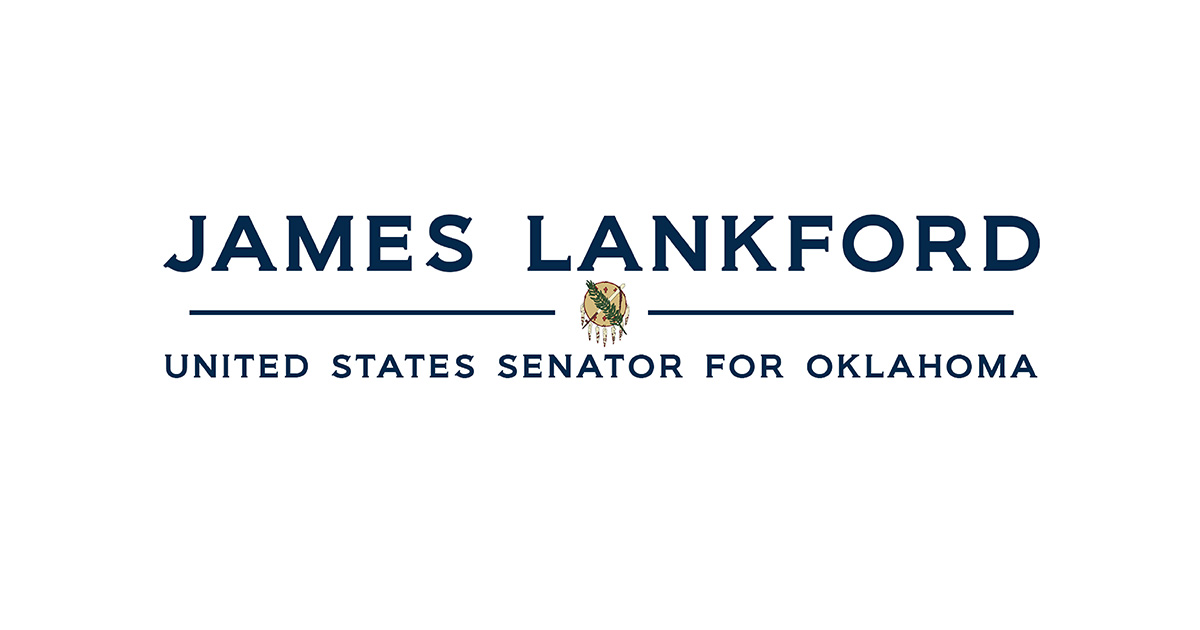Source: United States Senator for Oklahoma James Lankford
WASHINGTON, DC – Senators James Lankford (R-OK) and Cory Booker (D-NJ) introduced the No Tax Subsidies for Stadiums Act, a bill to end generous federal subsidies for professional sports stadiums. The bill would close a loophole in the tax code that allows professional sports teams to finance new stadiums with municipal bonds that are exempt from federal taxes. Rep. Earl Blumenauer (D-OR) is leading the bill’s introduction in the House of Representatives.
Municipal bonds are intended to give communities a way to finance projects, such as hospitals, schools, and roads, without needing to pay federal taxes on the debt’s interest. Using municipal bonds to finance sports stadiums diverts money away from these critical local infrastructure projects.
“Oklahomans should not be forced to pay for new professional sports stadiums in another state with their federal tax dollars when our veterans need better access to care, our federal interstate highways need upkeep, and our debt is skyrocketing past $31.5 trillion. Local taxes can pay for local stadiums,” said Lankford. “Our bill provides an opportunity to cut irresponsible federal spending and refocus our priorities on our constitutional tasks and responsibilities, not sports stadiums. I can’t see any reason we ever started using federal tax dollars to pay for stadiums, and I certainly don’t think we should keep doing it.”
“Over the last two decades, billions of American taxpayer dollars have been wasted by subsidizing the costs of professional sports stadiums,” said Booker. “It is wrong for wealthy investors to exploit a tool intended for critical local infrastructure projects, like schools and hospitals, in order to finance these stadiums. I am proud to introduce this bill that would put an end to this wasteful practice.”
“American taxpayers should not be forced to front the bill for professional sport teams. Billionaire sports owners are perfectly capable of financing their own stadiums to stage their immensely profitable games. Our tax dollars should be used to create communities where all of our families can thrive—communities that are safe, health, and economically secure,” said Blumenauer.
The bill would end federal subsidies for stadium financing but would not prevent localities and states from bidding and offering economic incentives to teams. In eliminating this wasteful expenditure, the bill also unties the hands of local governments to finance their stadium subsidies with taxes on tickets and in-stadium purchases—allowing states to target taxes on the people who actually use and benefit from the subsidy. Current tax law does not allow local governments to finance federal stadium subsidies by levying taxes on stadium purchases.
In a 2020 paper included in the National Tax Journal, it was estimated that as much as $4 billion have been lost in federal tax revenue from subsidies to sports stadiums. The current Super Bowl Host Committee believes this year’s Super Bowl brought in approximately $500 million to the local Arizona economy.
In addition to last weekend’s Super Bowl, Phoenix recently hosted the PGA’s Waste Management Open from February 6-12 and Car Week. A professor at Arizona State University says the three events will help the Valley area surpass $1 billion in revenue. When Phoenix hosted Super Bowl XLIX (49) and the Pro Bowl in 2015, the local economy received over $719 million in revenue. Revenue from sales taxes, hotel taxes, gas taxes, and car rental taxes totaled over $26 million.
Lankford is a member of the Senate Finance Committee and serves on the Tax and IRS Oversight Subcommittee.
###
